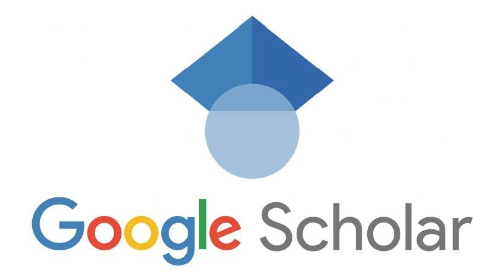Gamification-Based Learning Design to Improve Student Engagement and Conceptual Understanding in Higher Education
Keywords:
Gamification, Student engagement, Conceptual understanding, Higher education, Learning designAbstract
The integration of gamification in education has gained increasing attention as a strategy to enhance student engagement and learning outcomes. This study investigates the impact of a gamification-based learning design on improving student engagement and conceptual understanding in higher education. A quasi-experimental research method was employed involving 80 undergraduate students enrolled in a computer science course. The experimental group participated in a gamified learning environment incorporating elements such as points, badges, leaderboards, and mission-based tasks, while the control group followed traditional instructional methods. Quantitative data from pre-test and post-test assessments revealed that the experimental group showed significantly higher improvement in conceptual understanding. In addition, results from the Student Course Engagement Questionnaire (SCEQ) indicated increased levels of behavioral, emotional, and cognitive engagement among gamified participants. Qualitative feedback through interviews and focus groups supported these findings, highlighting enhanced motivation, participation, and collaborative learning experiences. The results suggest that gamification, when properly implemented, can create an engaging and effective learning environment. However, thoughtful design is crucial to ensure that gamified elements support learning goals without inducing unnecessary stress or competition. This study contributes to the growing body of evidence supporting gamification as a transformative tool in higher education.













